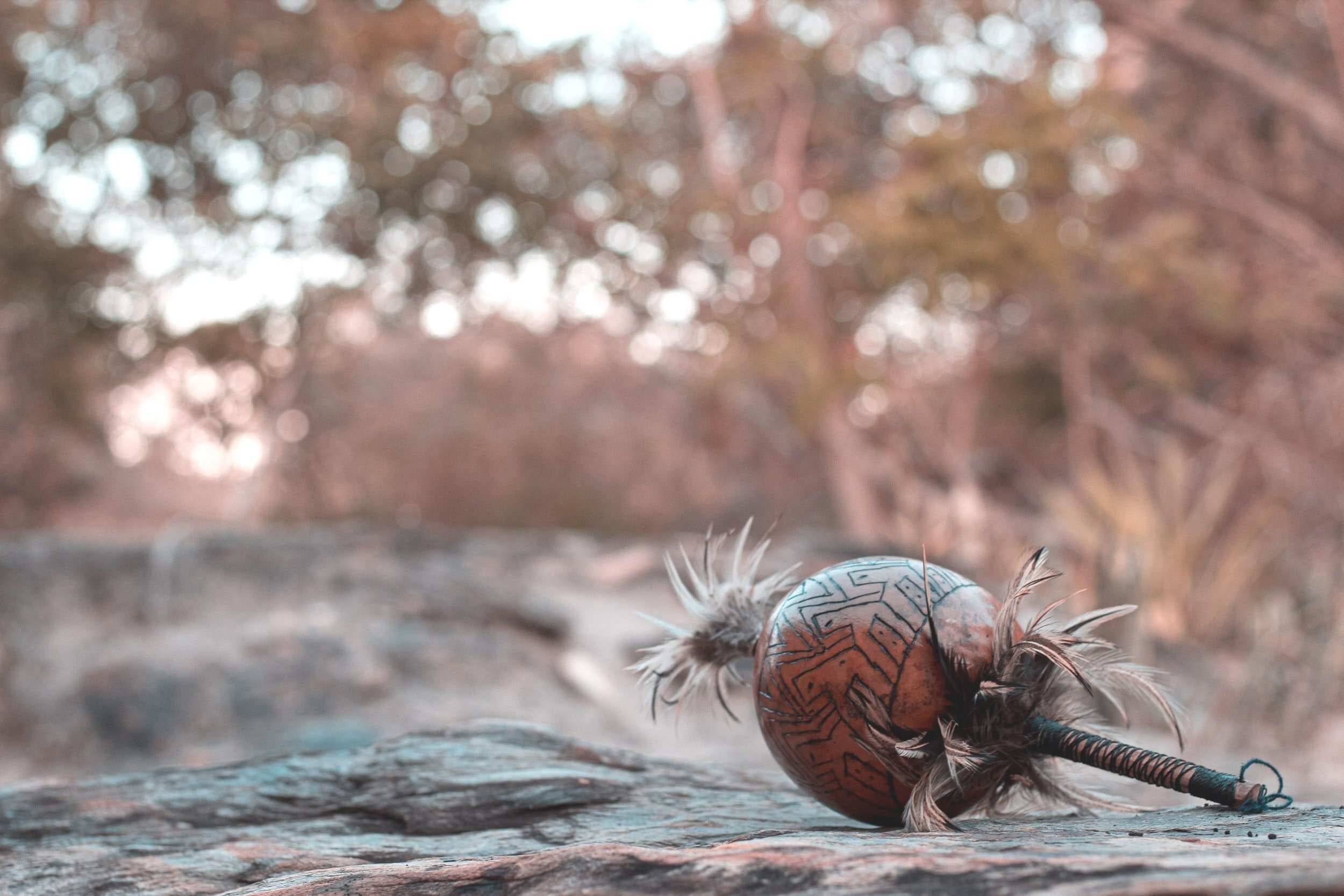
About the project
RAND, UCLA, and Sacred Path Indigenous Wellness Center are working with urban Native American communities to deliver and further understand the benefits of TACUNA, a culturally grounded program for urban Native American young adults as part of a five-year grant funded by National Institutes of Health (NIH; UH3DA050235). Program staff include several Native American community leaders, and it is overseen by our elder advisory board to ensure cultural appropriateness. TACUNA is approved by the RAND Institutional Review Board.
Presently, we are recruiting Native American young adults ages 18 to 25 to be a part of our project, and are conducting virtual groups and wellness circles on Zoom.
How does the program work?
Participants can receive up to $310 for completing a total of four surveys in a 12-month period. Participants will complete the first survey before attending a virtual workshop, and then 3 months, 6 months, and 12 months later.
Wellness circles are also held virtually for project participants and community members, featuring Native American cultural activities that focus on making healthy choices. Examples include beading, dancing, drumming, participating in talking circles, preparing traditional foods, and hosting guest speakers to discuss a range of topics such as substance use.
Some participants will be randomized to attend three virtual TACUNA workshops, focused on behavioral, physical, and spiritual domains and designed to guide Native American young adults to make healthy choices surrounding opioid, alcohol, and other drug use. Other participants will attend one virtual workshop focused on opioid education and health.
All personal information will be kept confidential. We will never disclose the names of individuals, their tribal affiliation, survey results, or any health information.
Project goals
To learn more about individual, family, and community-level factors that may affect the use of opioids, alcohol, and other substances among Native American young adults.
To work closely with Native American communities to ensure that the project meets community standards, is culturally sensitive, and appropriately engages families in the project.
To bring results to the community, increase understanding of health behaviors and find ways to keep urban Native American young adults healthy.

